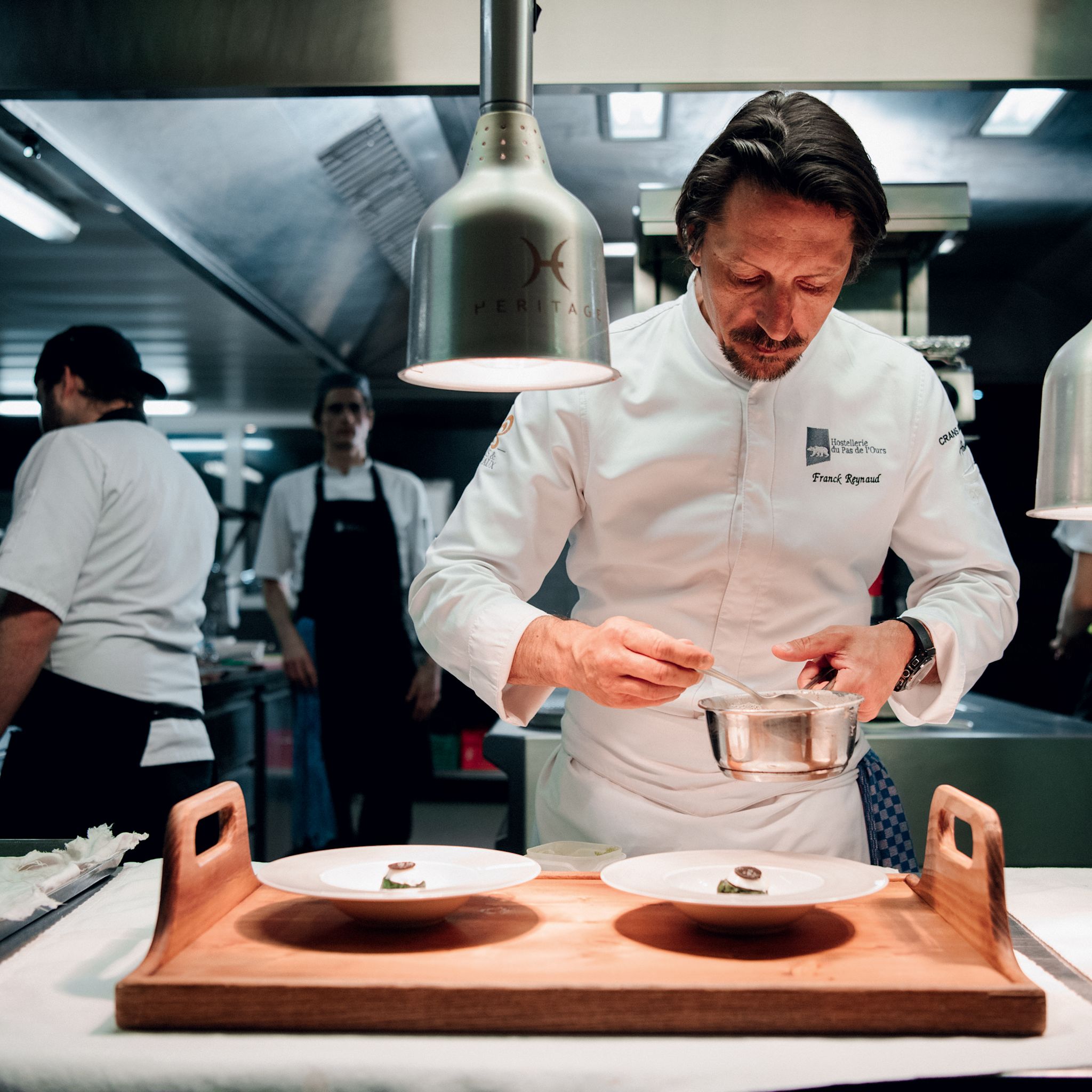Researchers in the field
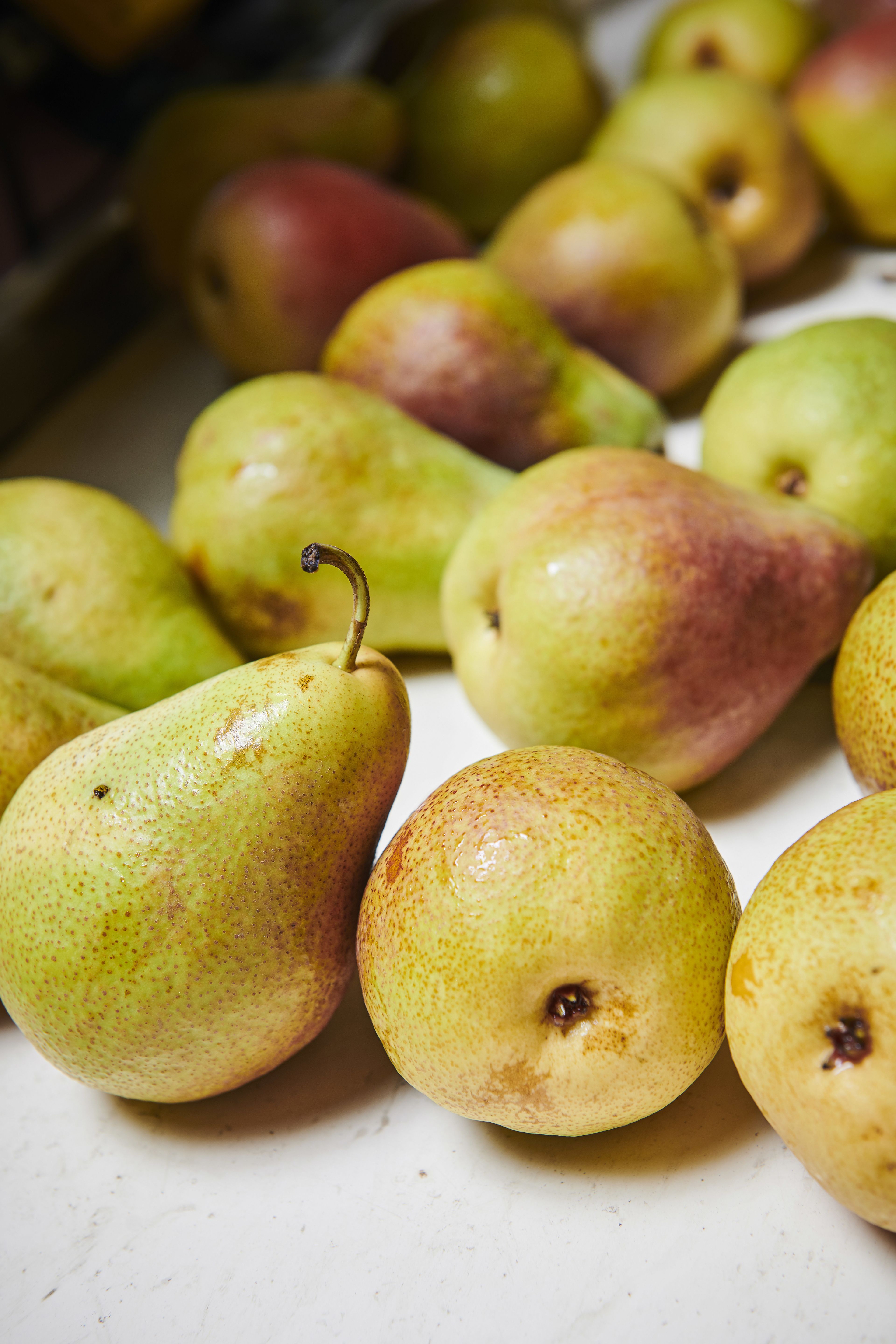
The Agroscope institute in Conthey carries out research on alpine plants and develops sustainable production methods. Successes include the tasty new Fred pear.
Danilo Christen checks a bud on a pear tree after the frosty nights in April. «The pears haven’t suffered,» the agronomist says, «but unfortunately the frost has affected the apricot trees badly.» Danilo works at the Agroscope research centre in Conthey and directs the group focusing on fruit cultivation in alpine regions. Switzerland’s centres of expertise in agricultural research are located at different sites throughout the country; the one in Conthey specialises in crops grown under shelter as well as cultivation in alpine regions. The Fred pear, officially unveiled by Danilo Christen two years ago, was developed here. It took nearly 20 years of research, begun by his predecessor Charly Rapillard, to breed this new pear variety, which resists fire blight and stores well. Production began last year; the objective this year is to distribute the new variety widely in Swiss retail outlets. Danilo is now involved in new projects. «I’m focussing especially on apricots,» he says.
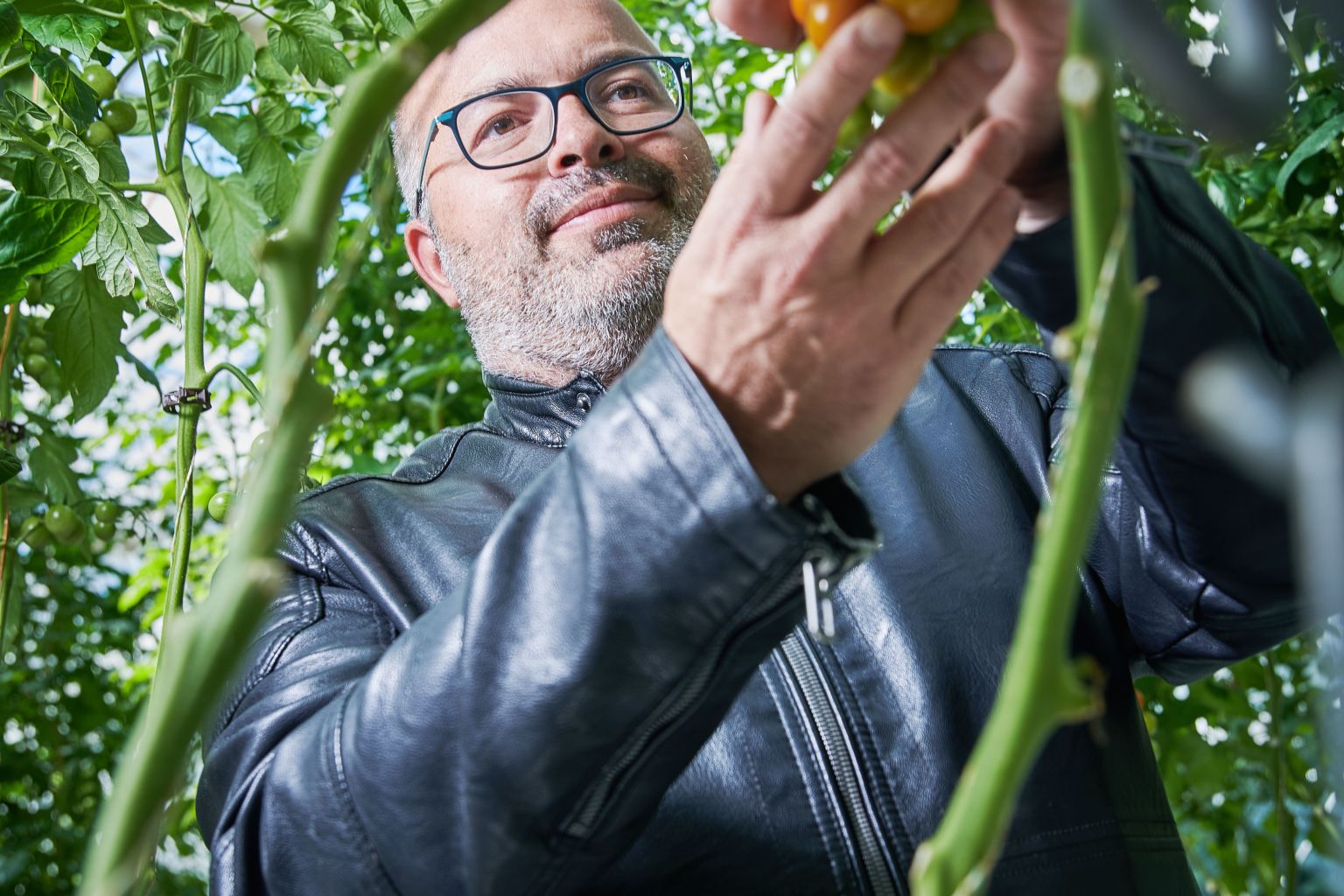
Our aim is to work much more closely with growers in order to build directly on their knowledge.
Valais is the leading Swiss region for cultivation of this juicy summer fruit. This year, however, 70 per cent of the potential crop seems to have frozen after April’s frosty spell. The Agroscope centre in Conthey has already developed two varieties: the Elsa apricot, suitable for organic cultivation as it is resistant to brown rot, and the Mia variety, which is resistant to bacterial diseases. Key areas of research include the creation of new cross-breeds and the use of natural enemies to fight pests. This requires not only the expertise of the researchers but also collaboration with fruit growers, Danilo Christen says. «Our aim is to work much more closely with growers in order to build directly on their knowledge.» A broad sharing of know-how is one of the great strengths of the Agroscope centre in Conthey. It also collaborates with the PhytoArk technological centre, for example, a valuable partner for the transition from research to production and marketing. Other partners include Mediplant, a private-sector research institute that focuses on the use of medicinal and aromatic plants, and MediSeeds, which produces seeds for growing medicinal and aromatic plants in Switzerland.
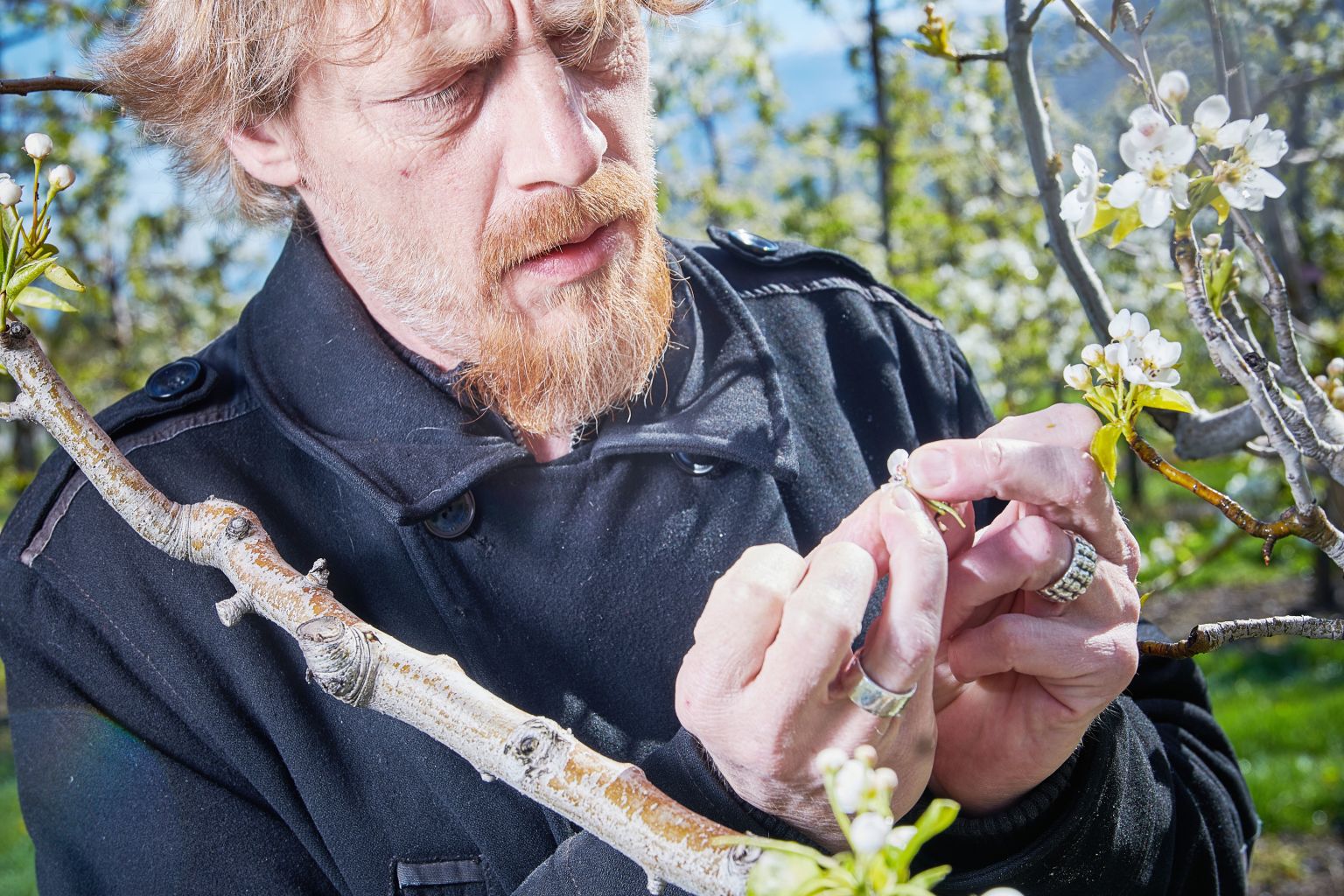
Bastien Christ runs the group carrying out research on berries and medicinal plants. One of the team’s projects involves comparing hop plants collected in the Swiss countryside to evaluate which would be best suited for brewing local beer. Another interesting line of research focuses on sweet wormwood (Artemisia annua), whose active ingredients are used to treat malaria. Bastien Christ says that «studies are underway to determine if it could also be used to manufacture a treatment for Covid.» As for the berries, he directs research projects that aim to develop new production methods. Within greenhouses, raspberry bushes are cultivated on an ingenious combination of substrates that enables the plants to use water and nutrients more efficiently.
The same goes for the tomatoes that the biologist Cédric Camps looks after. He has fitted some of the plants with a device that measures the electric current passing through them to produce a kind of «electrocardiogram». This enables him to determine how much water they need for healthy growth and to carry out research into their nutrient requirements. «Growing outdoors, in normal soil, 1 kilo of tomatoes need more than 100 litres of water,» Cédric says. «In a greenhouse, and using a special substrate, we can significantly reduce these requirements.» The plants are also healthier and more resistant to disease. «Thanks to the LED lighting, we can harvest from spring until November.” The greenhouse barely needs to be heated, just protected from frost. Cédric’s research forms part of the Europe-wide Greenresilient project, which studies resilient and low-energy greenhouse crop production methods.
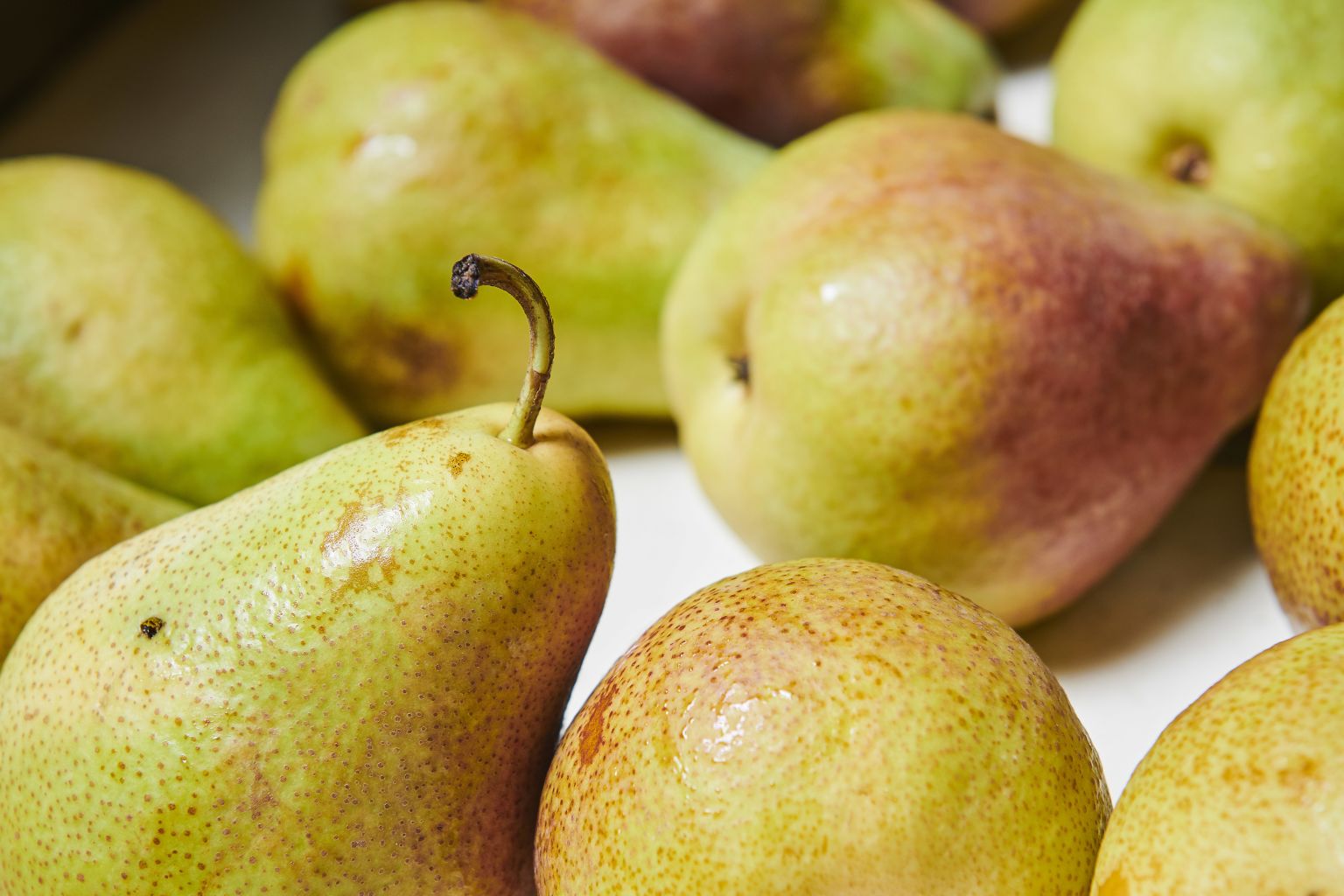
Text: Monique Ryser Photographs: Sedrik Nemeth Published: October 2021
Rösti, caviar and powder snow
Next story
